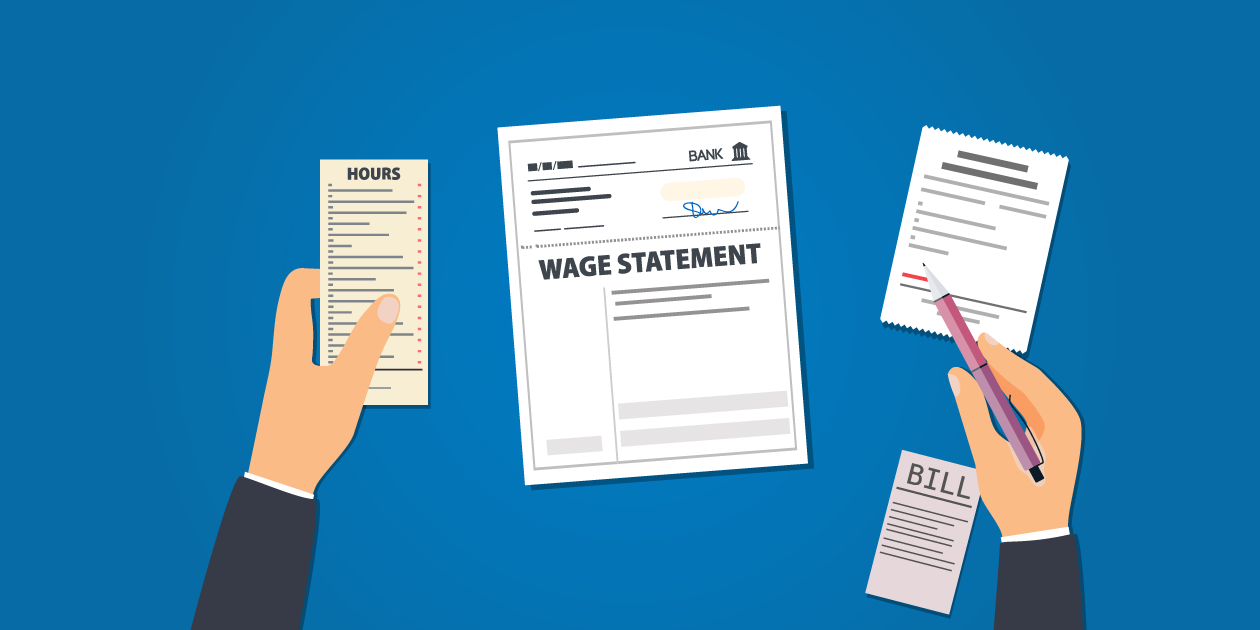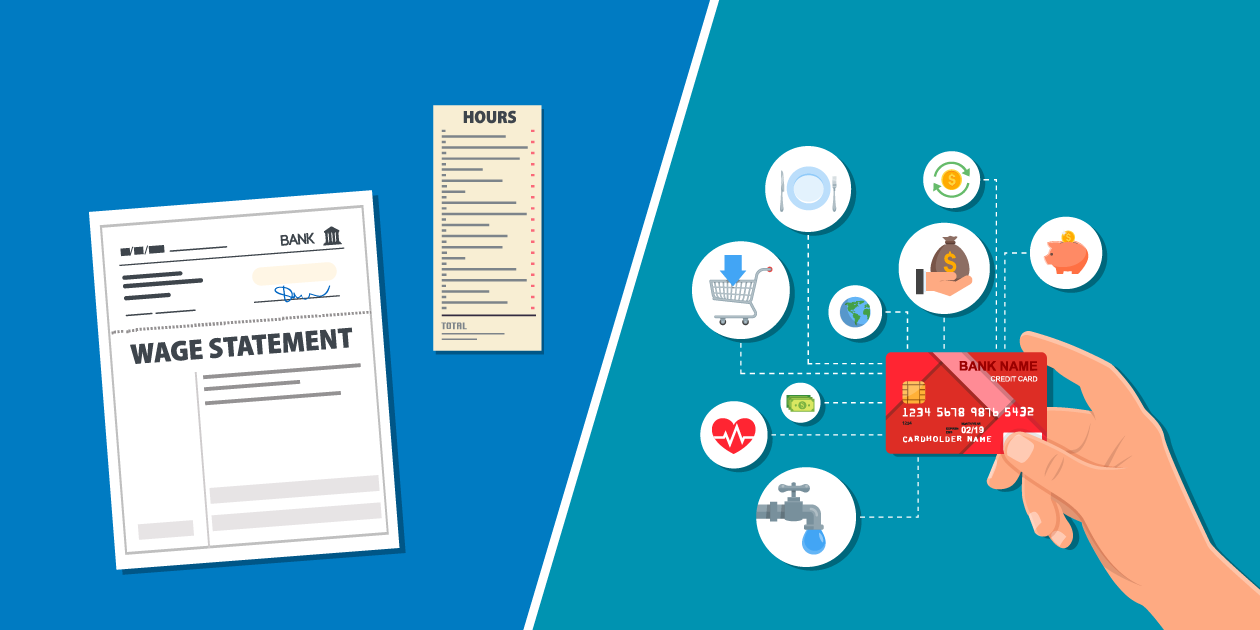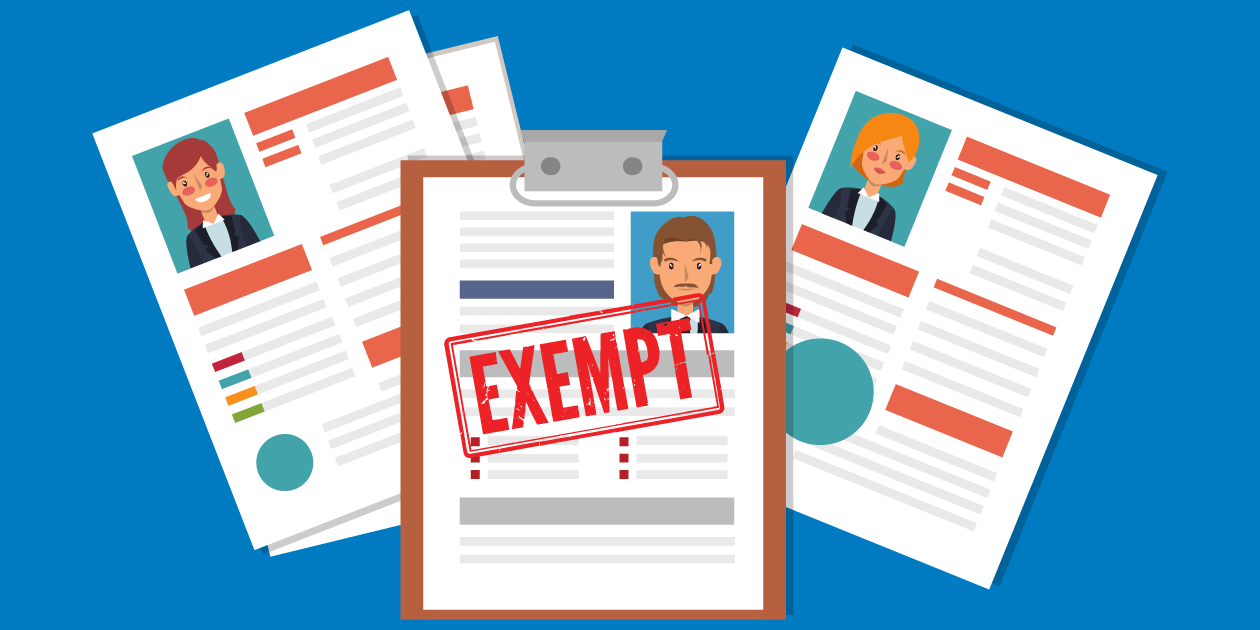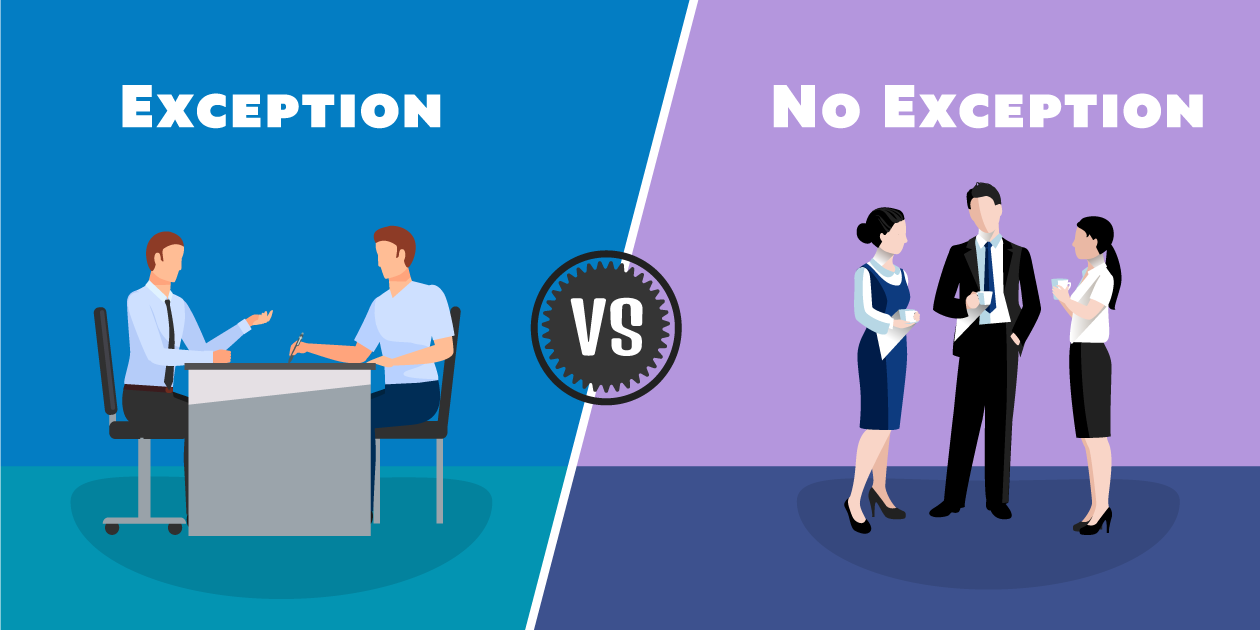Wage & Hour Articles
Helpful Legal Guides Explaining Wage & Hour-Related Topics
Six-Day Workweeks and California Overtime Laws
In California, employees may be entitled to overtime if they work six days in a single week. The answer depends on the number of hours they've worked that week.
Read MoreThe Waiting Time Penalty for Final Wages in California
California Labor Code section 203 imposes an important penalty on employers when they fail to pay their employees' final wages on time. Here, we explore how that penalty is calculated and when it applies.
Read More7 Dumb Ways Employers Violate Wage & Hour Laws in California
Many employers make mistakes in paying their workers or assigning them tasks. This article takes a look at some of the most common violations.
Read MoreHow to File a Wage & Hour Complaint in California
California law permits employees to enforce their wage and hour rights by filing a complaint with California's Division of Labor Standards Enforcement (the DLSE). This article examines the complaint process.
Read MoreMinimum Wage Law in California
The minimum wage is the minimum hourly rate that nearly all California employees must be paid for their work by law. In the next few years, many employees will benefit from increases in California's minimum wage laws.
Read MoreOvertime Wage Laws in California
Overtime wages are a type of increased payment that employees can earn when they work more than a certain number of hours in a workday or workweek. Most non-exempt employees in California have a legal right to receive overtime wages when they work long hours.
Read MoreOvertime Wage Calculator for California Employees
This article explains California law on overtime wages and provides an interactive calculator to help determine an employee's overtime compensation.
Read MoreWage Paydays and Pay Periods: The Law in California Explained
California is often considered a progressive state, with a relatively high minimum wage, strong protections for employees, and a general embrace of unions and collective bargaining. In keeping with this reputation, California has fairly strict
Read MoreThe Computer Professional Exemption to California’s Wage Laws
Computer professionals are exempt from certain rights under California's labor laws. This can have a significant impact on their legal rights. Here, we take a closer look at the computer professional exemption.
Read MoreTip Pooling Law in California: Employee Rights Explained
Mandatory tip pooling is generally permitted under California law, with a few important exceptions. This article simplifies California's tip pooling requirements.
Read MoreWage Statement & Pay Stub Law in California
Employees have a right to receive an accurate record that details how their paycheck was calculated. This article examines California's simple wage statement requirements.
Read MoreThe Law on Rounding Work Hours & Keeping Time in California
Hourly employees in California have a right to be paid for all hours they work. Rounding policies can have an important impact on this right.
Read MoreThe Minimum Salary Requirement for Exempt Employees in California
California's employment laws divide employees into two main categories: exempt employees and nonexempt employees. The distinction can be important because nonexempt employees have more rights than exempt employees.
Read MoreThe Law on Late & Unpaid Wages in California
Employers have a legal obligation to pay the wages that their employees earn. They also have an obligation to pay those wages on time. California law protects employees who experience late or unpaid wages. Here, a California employment lawyer explains the law on late and unpaid wages.
Read MoreTip and Gratuity Laws in California
California Labor Laws are designed to provide the highest level of protection for workers. For employees in the service industry, this means that they are legally entitled to keep all tips voluntarily left for them.
Read MoreThe Executive Employee Exemption under California Law
Many executive employees are considered exempt under California law and lack certain workplace rights. This article takes a closer look at the legal tests used to determine whether an employee is an exempt executive.
Read MorePayroll Debit Cards in California: What’s the Law on Cash Alternatives?
Payroll debit cards allow workers to receive their payments on a bank card, instead of through cash or a check. Employers sometimes use these cards to save money, but there are certain rules that California law requires to be followed.
Read MoreExempt vs. Non-Exempt Employees: Guide to California Law
California labor laws require most employers to follow certain rules—like paying overtime, tracking hours, or providing rest breaks. Some types of jobs, however, are exempt from these requirements.
Read MoreExceptions to California’s Wage, Hour, Break, and Overtime Laws
California labor laws require most employers to follow certain rules, like paying overtime, tracking hours, or providing rest breaks. The law, however, provides for several important exceptions to these requirements.
Read More

















